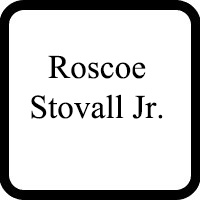Patricksburg Criminal Lawyer, Indiana
Rebecca Louise Gray
✓ VERIFIEDCriminal, Traffic, DUI-DWI, Misdemeanor
Rebecca Gray attended law school at The George Washington University in Washington, D.C., one of our nation’s top academic institutions. There, she... (more)
Roscoe Stovall
✓ VERIFIEDCriminal, Accident & Injury
Roscoe Stovall is a practicing lawyer in the state of Indiana.
Michael Frederick Singer
Criminal, Bankruptcy & Debt, Accident & Injury
Status: Deceased Licensed: 44 Years
John M. Plummer
Litigation, Estate Planning, Family Law, Criminal
Status: Deceased Licensed: 56 Years
Meredith L. Mcintyre
Juvenile Law, Family Law, Divorce & Family Law
Status: In Good Standing Licensed: 44 Years
Nick Joseph Herthel
Real Estate, Lawsuit, Dispute Resolution, Felony
Status: Deceased Licensed: 40 Years
Christopher Wayne Burton
Immigration, Divorce & Family Law, Criminal, Car Accident
Status: In Good Standing Licensed: 47 Years
David Arthur Smith
Federal Appellate Practice, Wills, Family Law, Criminal, Elder Law
Status: In Good Standing Licensed: 41 Years
Patrick Joseph Smith
Juvenile Law, Other, Federal Appellate Practice, Divorce & Family Law
Status: In Good Standing Licensed: 13 Years



